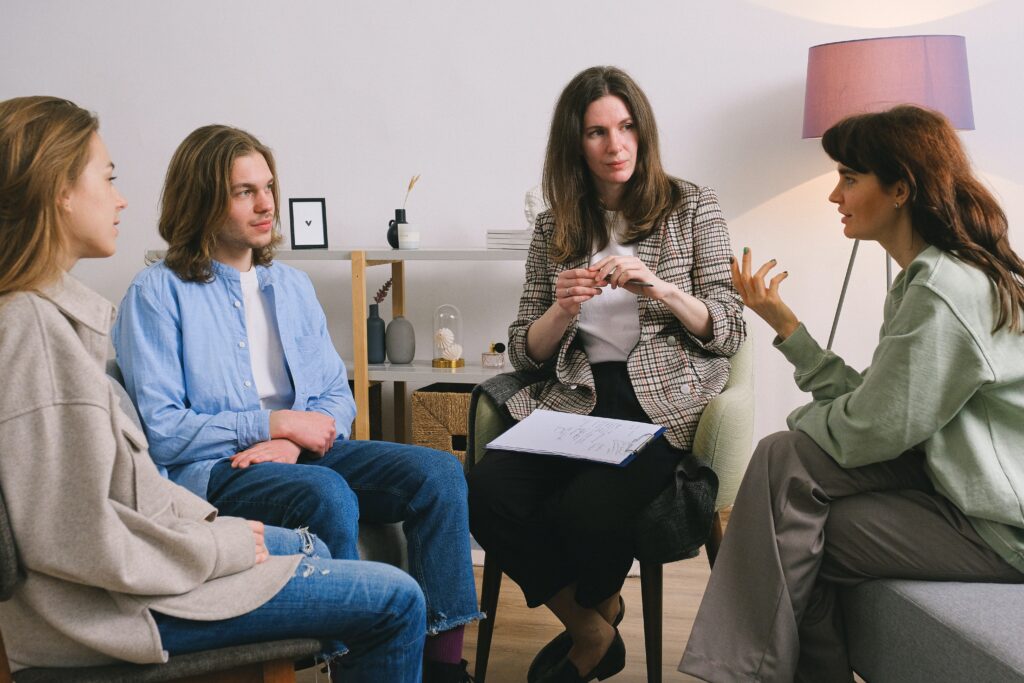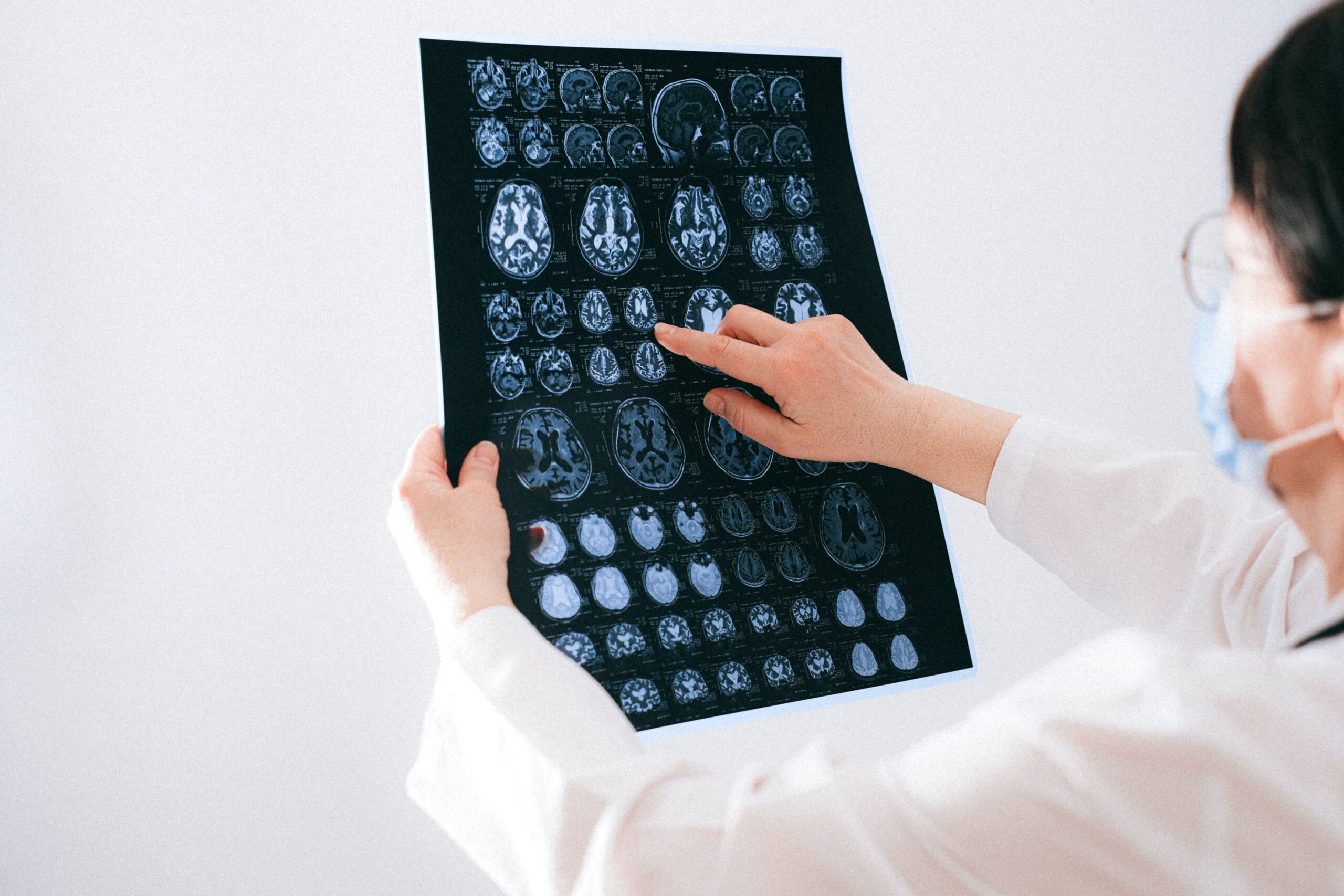If you or your loved one is dealing with substance abuse issues or mental health disorders, like anxiety, OCD, or depression, it is important to get the right help. Cognitive Behavioral Therapy (CBT) is an effective technique that has proven successful in treating multiple disorders and problems.
The therapist would conduct a thorough assessment to determine the root cause and whether you are the right candidate to receive CBT.
What is Cognitive Behavioral Therapy (CBT)?
CBT is usually the preferred psychotherapy in many cases as it helps the therapist quickly identify the triggers and cope with challenges. This therapy has fewer sessions than other techniques and creates a structured pattern.
CBT is a great tool to manage emotional challenges, including:
- Helping in the management of mental illness symptoms
- Preventing the mental illness relapse
- Treating mental disorders without medications
- Learning coping techniques to help with stressful situations
- Identifying ways to manage emotions
- Coping with loss or grief
- Resolving conflicts
- Managing symptoms of chronic illness
- Overcoming emotional trauma related to violence or abuse
Cognitive Behavioral Therapy for Insomnia
Cognitive Behavioral Therapy for Insomnia (CBTI) helps individuals through multiple sleep-related behavior changes. It aims to address conditional arousal, identify and eliminate negative patterns, and decrease worry related to sleep.
The therapist sets relevant behavior change targets and finds ways to help you overcome challenges to improve your overall sleeping patterns.
Cognitive Behavioral Therapy for Anxiety
CBT is an evidence-based technique to help manage common behavior and mood problems but has also proven highly effective in anxiety treatment. CBT can help treat multiple anxiety disorders, including:
- Social anxiety disorder
- Specific phobias
- Panic disorder
- Generalized anxiety disorder
It also teaches individuals to find root causes and triggers while managing anxiety symptoms.
Cognitive Behavioral Therapy for Depression
Therapists often use CBT to treat depression. It helps in uncovering unhealthy behaviors and thought patterns and also determining ways they might impact your:
- Mood
- Reactions
- Self-beliefs
- Self-esteem
- Overall outlook on life
The therapist also ensures individuals actively replace negative thoughts with positive ones in real time to reduce the impact of depression.
Cognitive Behavioral Therapy for ADHD
While medication can help ADHD individuals relieve their symptoms, it can’t help them learn new coping skills for long-term change. This is where CBT can help in enhancing the overall quality of life. The major CBT components for ADHD include:
- Adaptive thinking skills development
- Decreasing procrastination behaviors
- Navigation of distractions
- Organization and planning
- Psychoeducation
Cognitive Behavioral Therapy for OCD
CBT has also proven effective in treating OCD, including cognitive restructuring, response, and exposure prevention. The CBT treatment for OCD is short-term with lasting benefits. It helps individuals manage their symptoms and learn lasting coping skills.
Find the Right Help
CBT treatment for mental health disorders typically requires you to change your thinking patterns and view the situation in a positive light. Finding the right therapist to start your treatment and find healthy ways to cope is integral.







